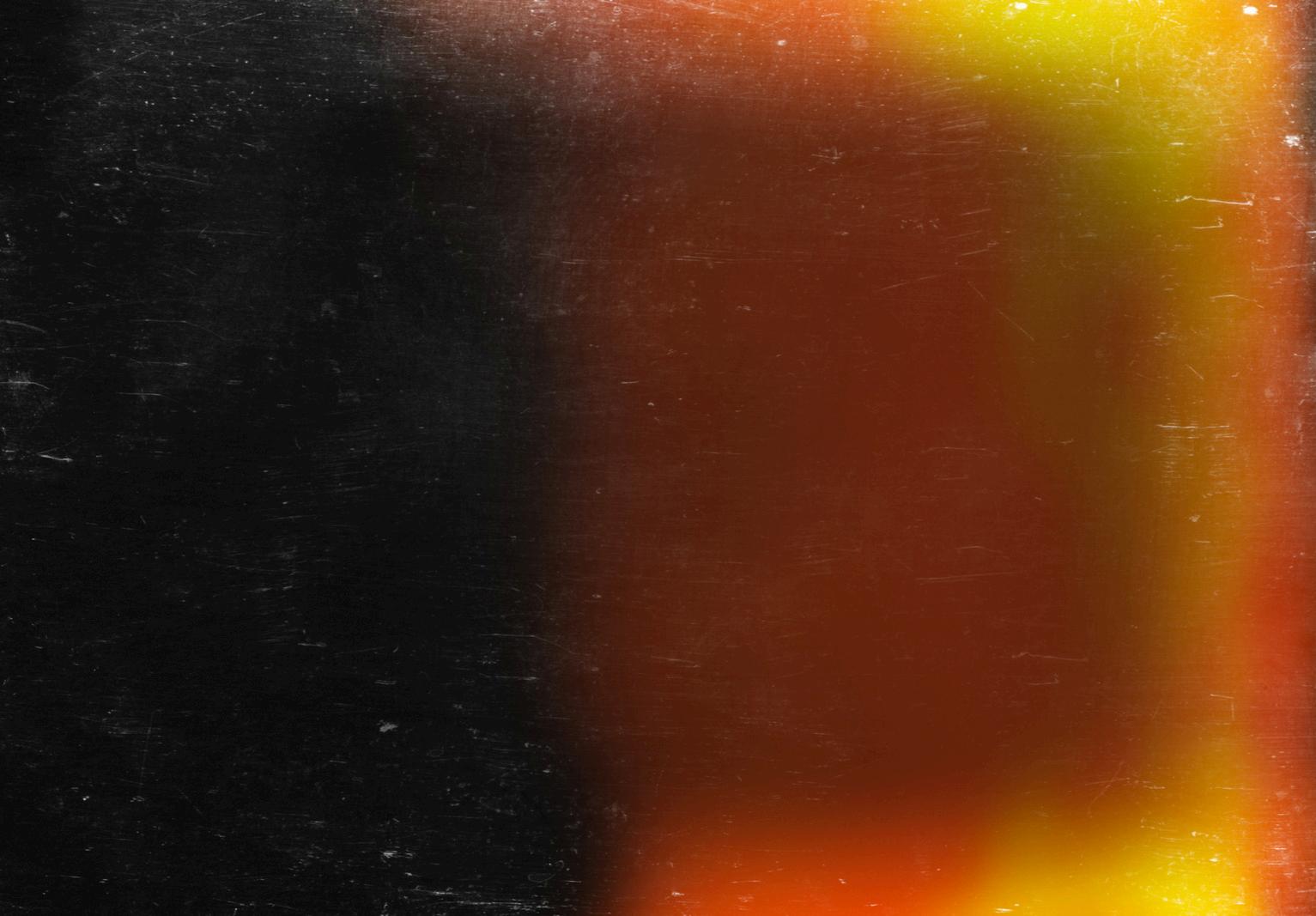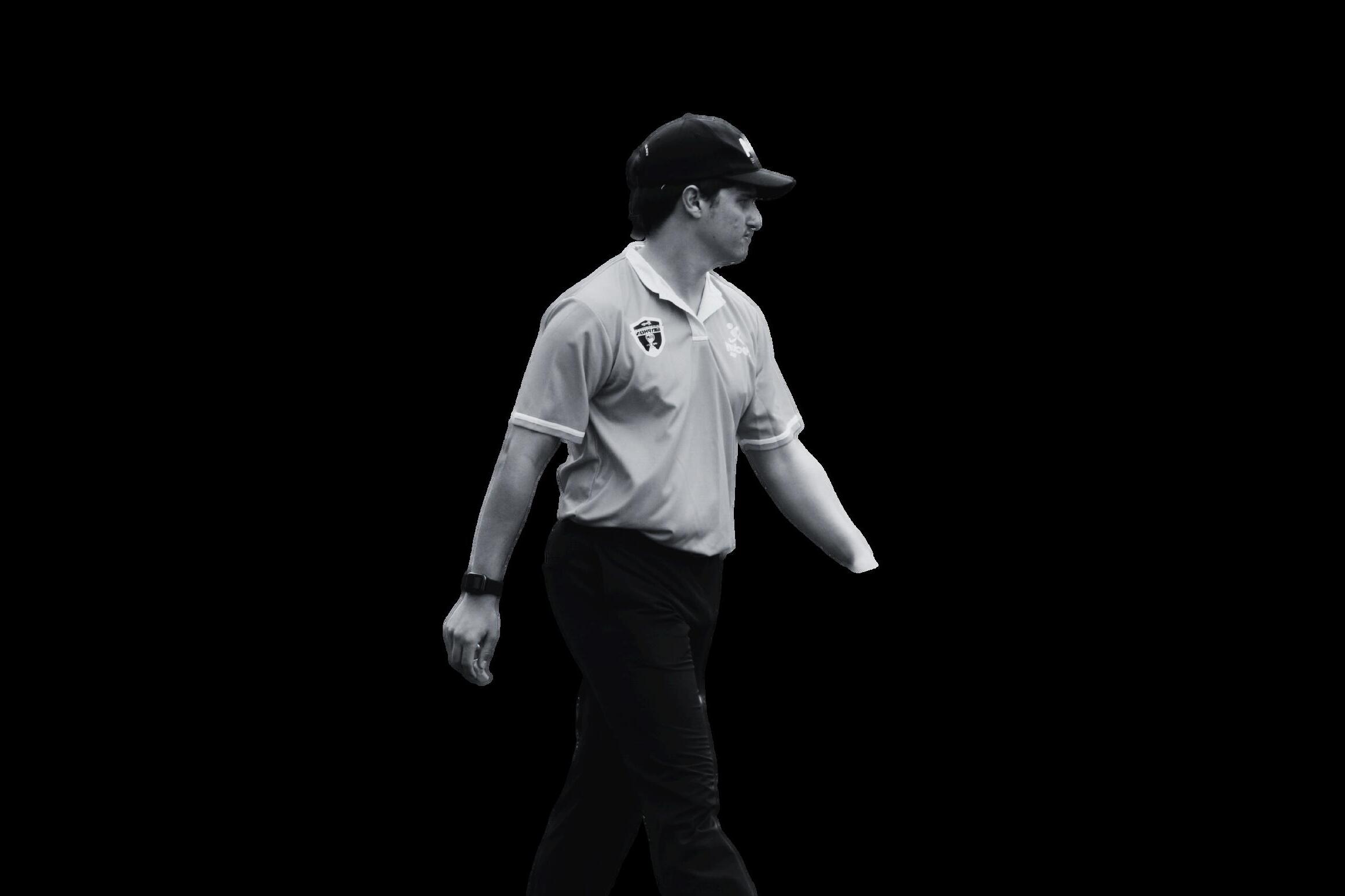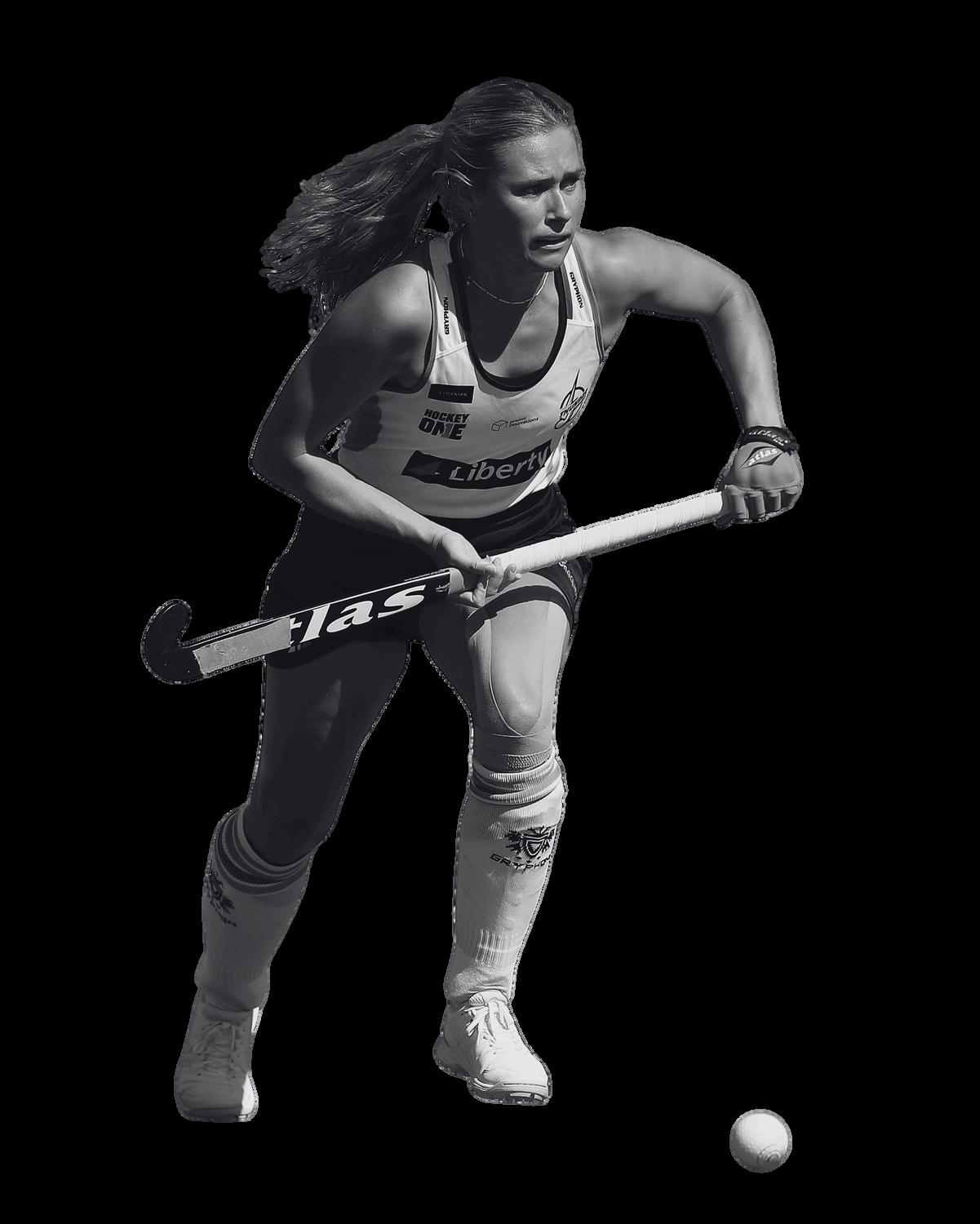




Players must not approach within 5 meters of an opponent receiving a falling raised ball until it has been touched by the receiver. The ball may be intercepted within 5 meters but outside of playing distance, provided it is done safely
The initial receiver has a right to the ball. If it is not clear which player is the initial receiver, the player of the team which raised the ball must allow the opponent to receive it. The only change to the Aerial Rule is “touched by the receiver” .
Get the set up right – the ball can be dangerous on the way up!
Who do we (umpires) believe is the “Initial Receiver”
Is there a contest? (is the ball thrown into a group of players) if Yes = FH to defence, No = play on
Does the receiver have space (5m) to receive the ball SAFELY on FIRST TOUCH

There is a difference between a ball that is landing amongst players and a ball that is intercepted in the air.
“Recognise the Intent of the Action”
Discuss areas of control – it is easier to judge distance across the field vs down your line
Apply early recognition of danger and/or advantage when considering a penalty
Timing remains critical – the higher the skill level would probably result in holding your whistle a little longer
Try not to reward bad skill – miss trapped, ball bouncing off stick
An aerial that has bounced is still judged on DANGER
Player SAFETY must remain the umpire's primary concern
A player approaching from outside 5m can legitimately intercept the ball in an uncontested manner. Is the intercept safely completed? YES = play on
A failed intercept, if dangerous, is a FH to the opposition, PC in circle.
Players who attempt to intercept the ball coming from behind or in front of the intended receiver are more likely to cause danger, whereas players coming in from the side are less likely to cause danger.
The interception should involve playing the ball away from the initial receiver, not merely stepping in front and trying to control the ball in close proximity.





In January 2025, the FIH made it mandatory for defenders to wear face masks when defending penalty corners in all FIH competitions, and it strongly recommended that these changes apply to all National-level competitions Hockey Australia has adopted this approach for all National Championships and Hockey One, and strongly recommends that all States and Territories consider adopting this regulation for all hockey activities to enhance player safety
Following this advice, Hockey WA will implement the following playing conditions for 2025 to protect athletes and maintain safe hockey These conditions apply to all Metro competitions run by Hockey WA; all Regional Associations are encouraged to adopt similar rules in their competitions.
All Senior Turf competition (Premier Leagues 1-3, Div 4 and lower, ALL Midweek Masters) O/50 Div 1 Men's Masters (ALL games, including those played on grass) ALL Junior 9/10 and 11/12 competitions
All players defending a penalty corner are strongly encouraged to wear a face mask. The first shot at goal (except for a deflection) must be at backboard heigh or below when crossing the goal line.
Deflections of any height from a legal first hit are permitted
Hockey WA strongly recommends that all players wear protective face masks when defending penalty corners but acknowledges the difficulties and costs involved for some Junior and Senior Grass competitions For these reasons, Hockey WA is not mandating wearing face masks in these competitions in 2025, but raised shots of any type will not be permitted as a safety measure.
Following a recommendation from the FIH Health & Safety Committee, the FIH has changed the "Penalty Corner Countdown Clock” regulations. For games where time is stopped for penalty corners, umpires will be instructed to allow players reasonable time to wear protective equipment.
In the event that a team is not ready, the engaged Umpire is to determine whether the delay is intentional or, in the case of the defending team, if the delay is due to players finding and putting on their full protective equipment. The priority for the umpires is athlete safety and welfare, and therefore if a little more time is required for all defenders to be ready and fully protected, this should be given, without penalty.
If, however, the Umpire is of the view that there is an intentional delay resulting in a team not being ready within the aforesaid 40 seconds, the Umpire is to identify and issue a personal penalty (i.e. a green card) to the player who is responsible for the delay, with an increased personal penalty (i.e. a yellow card) for repeated offences.

